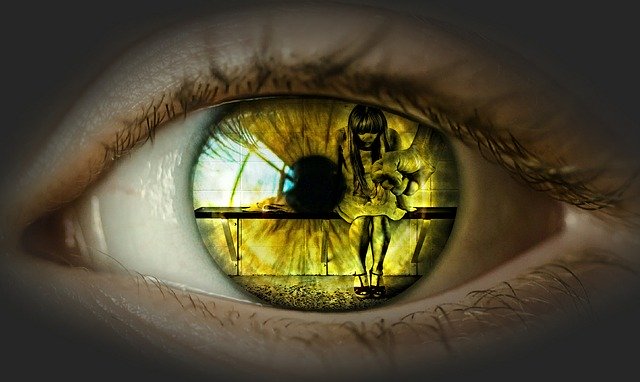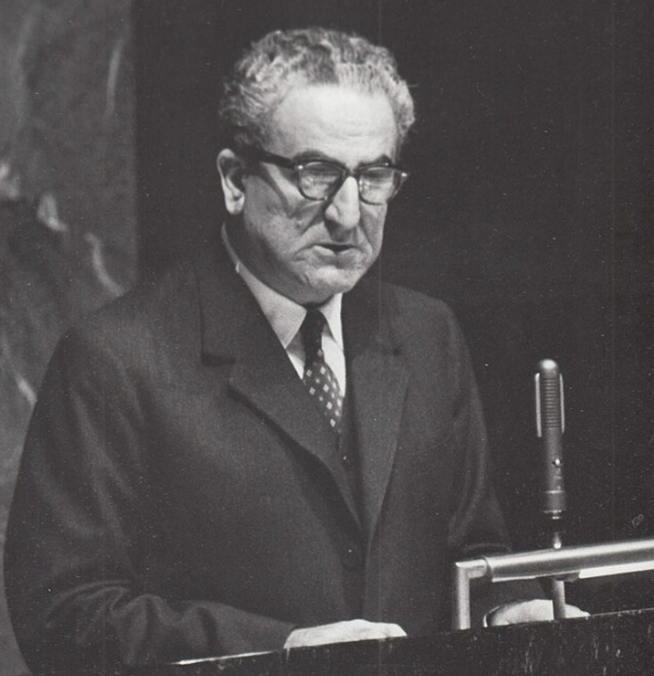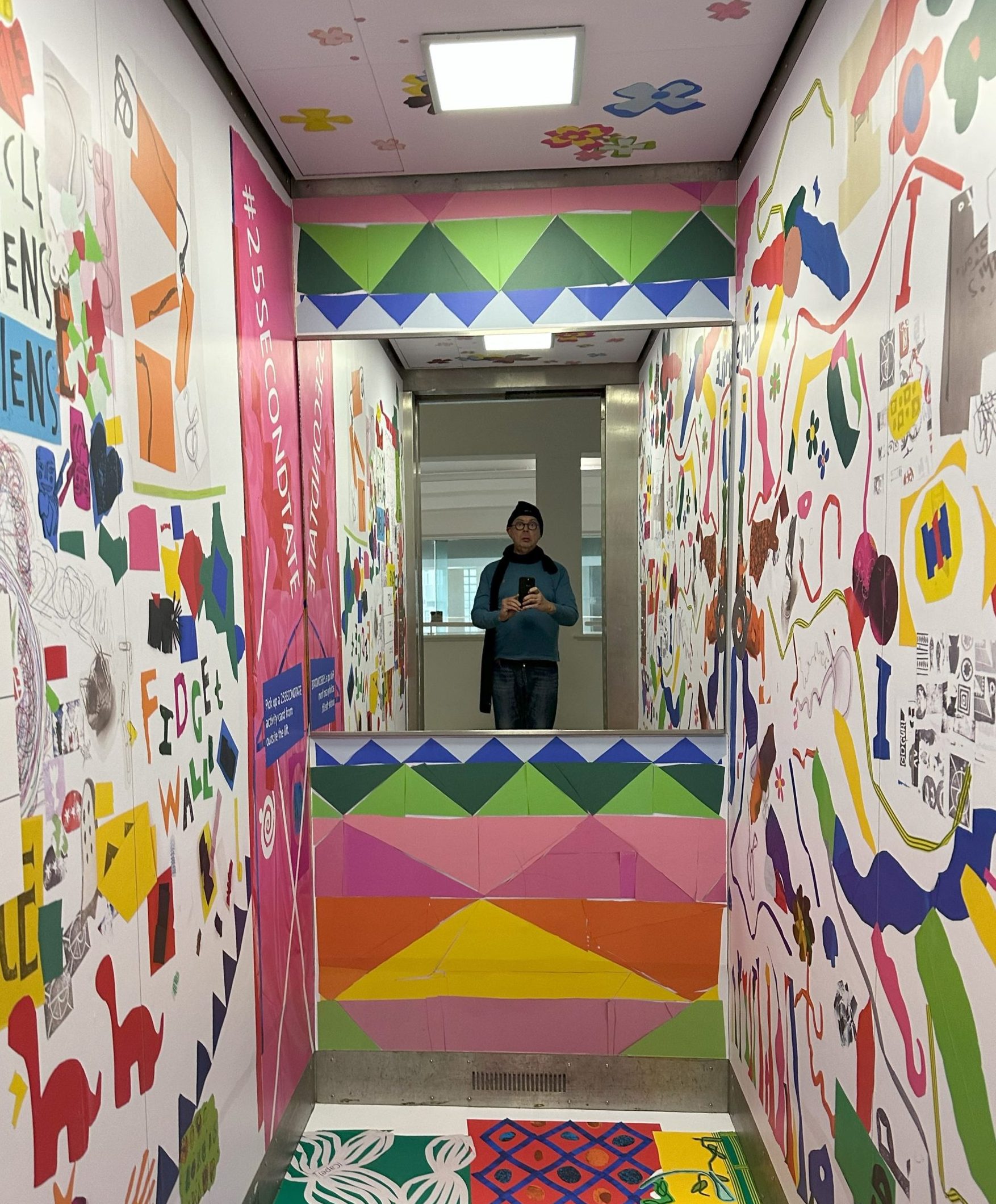
Domestic violence in corona times
In the coming weeks, we will supplement the blog with a number of interviews that journalist Karolien Selhorst had with Dirk van Babylon. Each episode will address a current topic. You can read the third installment today. This time, it’s about domestic violence during the coronavirus pandemic.
Due to the coronavirus measures, families are now forced to live closer together, increasing the risk of tension and domestic violence. Several professionals had already warned of an increase in domestic violence incidents. That prediction now appears to be coming true, according to general practitioner Dirk van Babylon.
Dirk: “Domestic violence has been a topic close to my heart for years. Partly because, as a general practitioner, I’m often powerless to help someone in an abusive situation. These are often chronic and long-term situations whose course is unpredictable.
In recent weeks, I have been reading on various media that the number of domestic violence calls to helplines is increasing. Because of the corona crisis, people are often on top of each other in a small space and this is driving tensions to the top. Still, I fear that the end of the tunnel is not yet in sight and that the worst is yet to come.”
Why?
All that tension has been kept under wraps for weeks, and now it’s threatening to blow off. I’ll illustrate this with an anecdote. Yesterday, I received a call from a man telling me that his wife is experiencing all sorts of complaints and symptoms like chest pressure, etc. While we’re talking, I hear children screaming and crying in the background. I then say to the man, “Couldn’t it be stress that’s causing your wife all sorts of complaints?” “No,” the man says. “My wife can’t be stressed because she’s always home with the children and hasn’t been outside in weeks. So she can’t be stressed.” That might not be an abusive situation, but that man can’t imagine his wife spending day and night with the children, and that she might be stressed because of it. I find that a striking anecdote to illustrate how powerless I sometimes feel as a general practitioner. I can’t speak to that woman, and yet I have to come up with a solution to help her. Being locked up for weeks and the lack of social contact is therefore very detrimental to many people.
Is domestic violence still common in ‘normal times’?
“Yes, domestic violence is a big problem. We usually have no idea about it because it often remains hidden. The issue is close to my heart because I myself had to deal with a partner who extorted and bullied me for years, and then as a victim you are left with the idea that you just have to persevere. In my case, I knew by now that my then partner was psychotic and on the verge of schizophrenic. I didn’t want to abandon someone who is sick. There can be all kinds of reasons to stay in a situation that is not healthy.”
But so now domestic violence is an even bigger problem?
“Yes, because as a social worker we can’t always intervene. Often we cannot have direct contact with the victim and that is frustrating and frightening. Moreover, many channels for addressing the problem are currently unavailable. So I think it’s worthwhile to raise awareness of the issue.”
How do you try to help “in normal circumstances” victims of domestic violence?
“If I get a chance to talk to the person myself, I always find it very important to initially tell that person that the situation he or she is in is not normal. Violence is not acceptable. There is no excuse for it. It is not because you are a woman, for example, or married that you have to accept violence.
Many victims also struggle with feelings of guilt and shame. They feel guilty because they think they’re not a good woman or wife, for example. They also live in constant fear: how will my husband be disposed when he comes home, won’t the food be too salty, etc.? So they try to do everything they can to avoid outbursts. Victims are thus caught in a vicious circle of shame and guilt. It is therefore important as a GP to tell them that it is not their fault. And if it’s not your fault, you shouldn’t be ashamed either. So the paradox is that the victim feels guilty and not the perpetrator. The latter often goes through life carefree.
Next, as emergency responders, we must give victims the means to get out of their dire situation. Contacting one of the helplines (see articles 1 and 2) is a good first step. It can also help to prepare a project to leave with the help of various agencies such as the CAW, the family doctor, etc. or to deny the perpetrator access to the house. In that respect, the legal article is interesting. It also includes several useful tips for during the coronavirus period, such as: establish clear agreements, get outside regularly, etc. However, in some cases these tips won’t be enough and the police will need to be called in.”
Conclusion: in normal times, as a general practitioner, you call in a lot of help agencies in cases of domestic violence, which is not possible now?
“Indeed, now we are a lot limited in that. What we can do as GPs, and that is very important, is to identify the violence. For example, if there are injuries. Then we make an attestation about that. That doesn’t have to lead to an immediate complaint, but the observation can remain in the file and sooner or later we can use that as evidence. Especially since victims are often not believed. Because of the corona crisis, as a general practitioner I worked mostly over the phone and could not diagnose injuries. That’s a problem though, which will hopefully be solved soon. Finally, there are also the safe houses, but you better be well prepared for that. Especially if you have children. An additional problem is that many of those shelters are currently closed. Moreover, the helplines are also less well staffed. So the whole network of shelters that has been built up over the years is now down and that is particularly frustrating.”
More information and some tips and help lines (from Dutch newspapers!):
Family violence in times of Corona – break the silence: https://www.politie-bht.be/nl/tipvandemaand/85
Article HBVL April 4, 2020: Victim of domestic violence? Call code word ‘mask 19’ in pharmacy: https://hbvl.be/huiselijk-geweld-tijdens-corona
Latest contributions
Racism in opera – avoid clichés and commit to inclusiveness
Taking racial elements out of opera Reading time: 5 minutes. Avoiding racial stereotypes in opera requires a thoughtful approach. Directors may […]
The UDHR – Charles Habib Malik’s ecumenical vision
Charles Habib Malik’s ecumenical vision Charles Habib Malik (1906-1987) was an influential Lebanese academic, diplomat, philosopher and […]
Back from the road – Florida
Florida Was Wonderful I don’t love America as a power, but I adore Americans. The way they interact with each other—we cold […]




No comments have been posted yet!